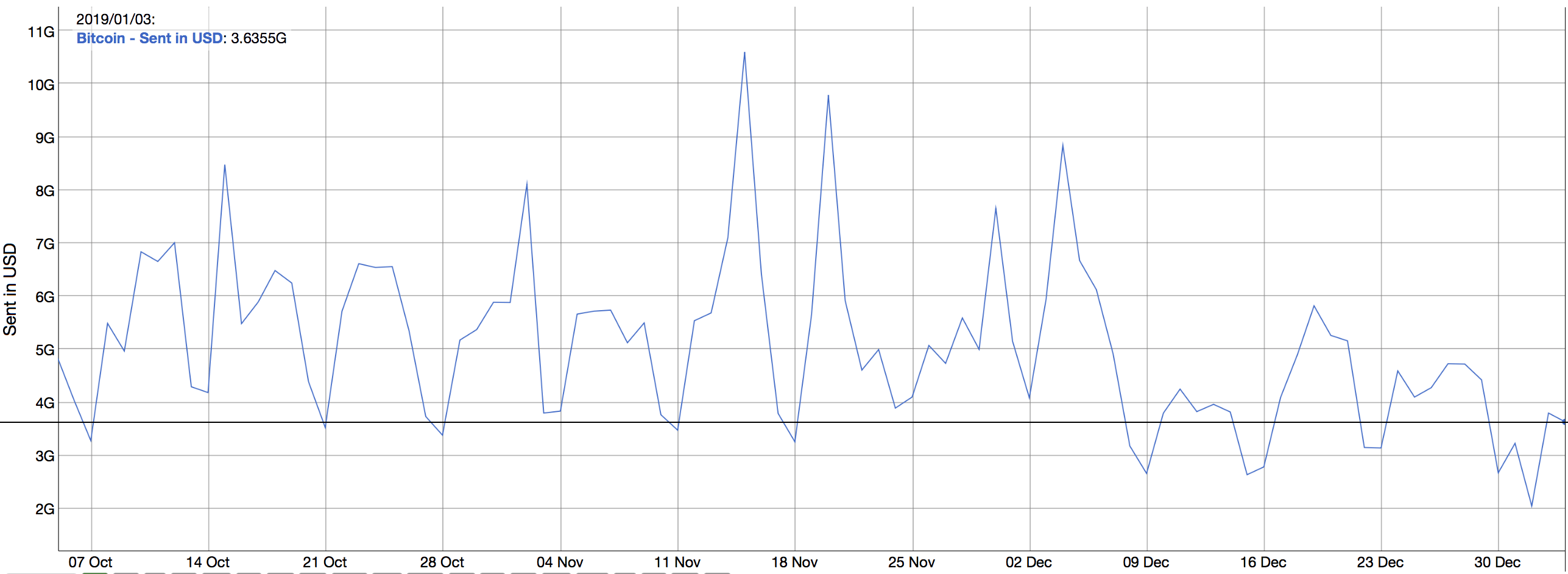A number of exchanges failed the Proof of Keys (PoK) test according to a website run by Trace Mayer, a bitcoin investor. He said: “So far, reported failures at: HitBTC, PurseIO, Bitfinex, Poloniex & Coinbase.”
In regards to Coinbase, the website says “Coinbase Halts Trading; POK Suspicions.” That refers to an incident that occurred on the 25th of December which was resolved within one hour.
For Poloniex they say “Issues During PoK,” with just one claim used whereby an individual was apparently having some difficulties.
For Purse, there’s a claim they halted withdrawals, but a PurseIO Support Manager said: “our BTC withdrawals are working fine right now.”
Leaving the two strongest claims. HitBTC halted withdrawals in a move that leaves us with no choice but to urge everyone to stay as far away from them as possible.
HitBTC, however, is a small exchange of no relevance. While the Bitfinex incident is quite curious. Mayer’s site says: “Bitfinex Fails PoK.” Using as evidence a statement by Bitfinex made on January 3rd when they said:
“We are aware of some issues on our platform and are working quickly to resolve. Please be assured all funds are safe. We appreciate your patience.”
They latter said: “We are back online. There was an issue with the order gateways during an upgrade, and have worked quickly to fix. We apologise and thank you for your patience”
They had a planned upgrade for January the 7th, so what exactly they were upgrading is not very clear. Nor is it clear whether a significant number of bitcoiners participated in this bank run.

Bitcoin daily transfers, January 2019.
As can be seen above, you could argue there has been a spike on January the 2nd from $2 billion worth of BTC transferred on the 1st to $3.8 billion on the second.
As the dates are fairly close and taking into account the potential different time-zone measurements, the spike may well have been related to the Proof of Keys event.
PoK was mostly urged and promoted by Bitcoin Core supporters or maximalists as some might call them or bitcoiners. They tend to like Bitfinex because the exchange has some sort of relationship with Blockstream. This combination may well lead one to speculate Bitfinex may have been hardest hit by the crypto bank run.
The incident may well lead to questions on whether Bitfinex is solvent, especially after recent claims that Tether is fully dollar backed.
Bitfinex and Tether are effectively one, so they could potentially move Bitfinex funds to show Tether solvency and vice versa. Whether they both are solvent, however, might be a different question.
And a general question. No crypto exchange has provided audits to prove solvency since at least 2014. They may well be operating as fractional reserves. They may be gambling with investing some of the funds on stocks or other assets. Some of them might even use some of the funds to buy a condo as MT Gox’s former CEO, Mark Karpeles, allegedly did.
All of them probably keep the fiat in bank accounts, so earning interest with that not passed on to end users. Raising the question of how a bank run would affect them considering only $250,000 are FDIC insured.
The counterparty risks, thus, can be considerable. Hence why cryptonians emphasise that if you don’t hold the keys, you don’t really have a crypto but a promissory note.
The difficulties of holding the keys can however be even greater than the counterparty risks. That might change especially through ethereum’s smart contracts as there could be ways whereby the smart contract effectively holds your crypto.
But that may take some time. For now, perhaps diversification is the best advice. That can be in two ways, chop the key with part of it given to your grandma, part to your friend, part under a bird fountain and part under your shoes – or something like that. The other way might be hold a bit of crypto here, a bit there, and a bit somewhere else, so that if one bit is lost then you haven’t lost everything.
The latter applies especially to traders who kind of have no choice but to keep their crypto on exchanges. For hodlers, one could code in bitcoin a “savings account” where effectively you have a chargeback button. For eth this would be even easier with smart contracts. So plenty of options.
Source